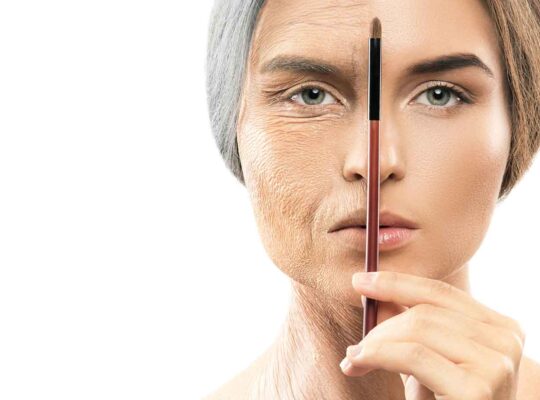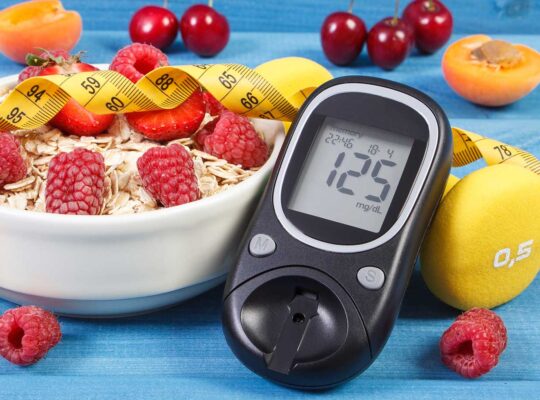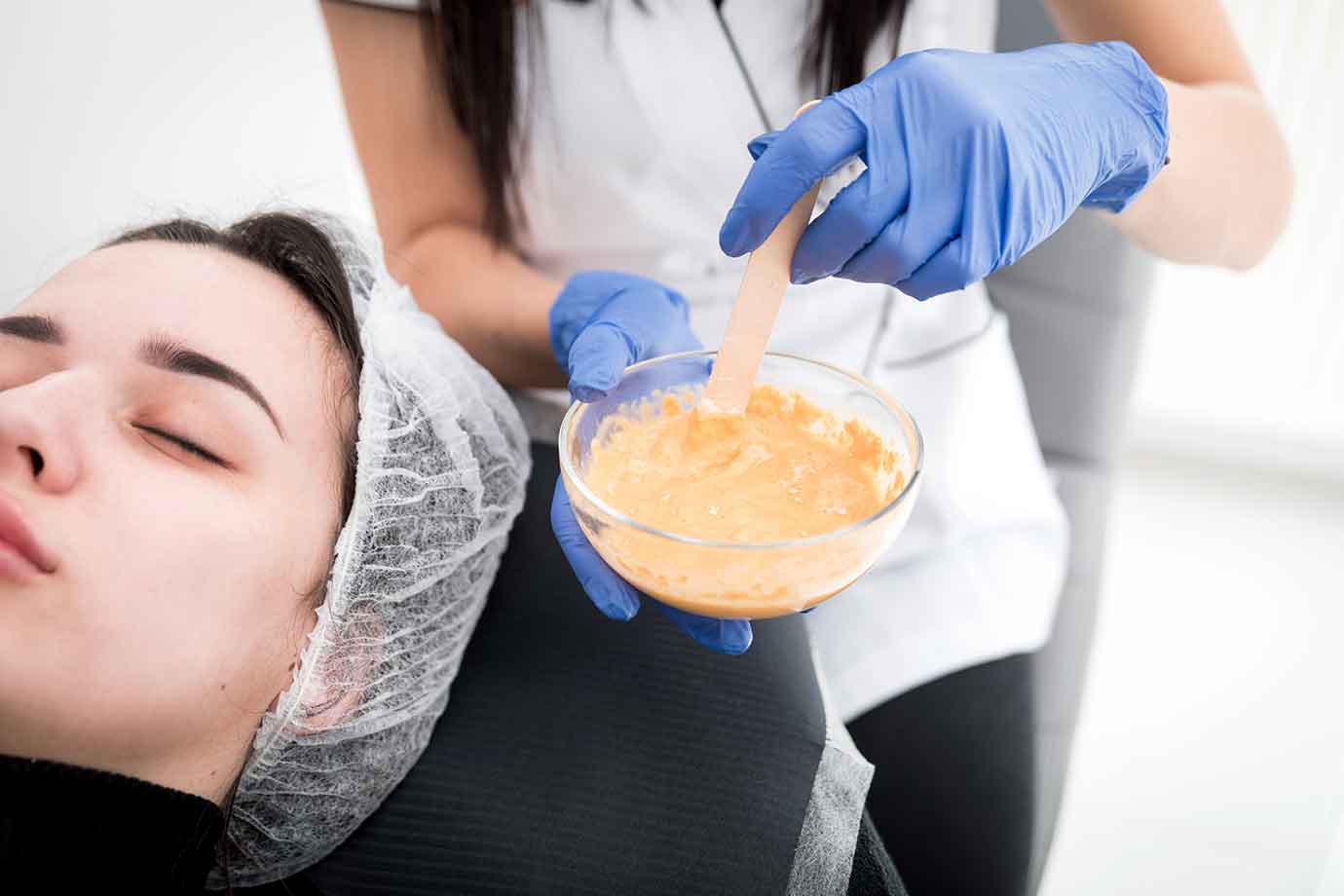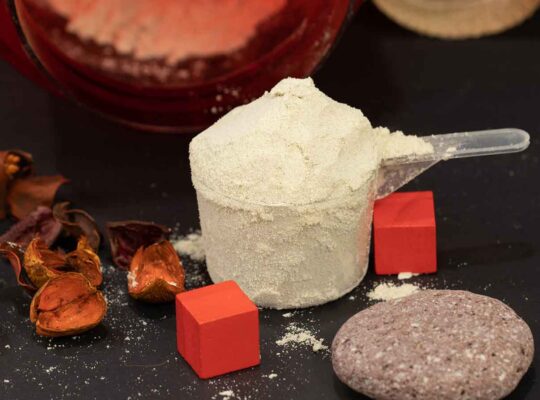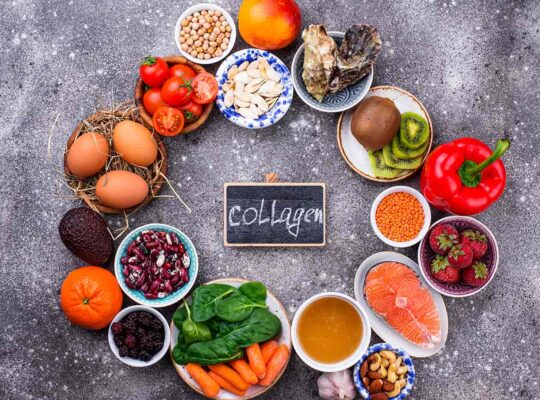Have you ever wondered what helps keep your skin smooth, your joints flexible, and your bones strong? The answer is collagen—a special protein that’s super important for keeping your body together and working well. Collagen is actually the most common protein in your body! This article will help you understand what collagen is, why it’s so important, and how you can make sure you’re getting enough of it to stay healthy.
What is Collagen?
Collagen is like the building blocks of your body. It’s a protein that makes up a big part of your skin, bones, muscles, and tendons. You can think of it as the glue that holds everything together. There are different types of collagen, but the most common ones are:
- Type I Collagen: Found in your skin, bones, and tendons, this type is the most common and helps keep your skin firm and your bones strong.
- Type II Collagen: This type is mostly in your cartilage, which is the rubbery stuff in your joints that allows them to move smoothly.
- Type III Collagen: Often found alongside Type I, this type helps keep your skin stretchy and your blood vessels strong.
Collagen is made up of smaller parts called amino acids, and these amino acids create a strong and flexible structure that helps your body in many ways.
Health Benefits of Collagen
Collagen doesn’t just help your body stay together—it also has some amazing health benefits! Let’s look at how collagen can help different parts of your body.
Skin Health
One of the best-known benefits of collagen is its effect on skin health. As we get older, our bodies make less collagen, which can lead to wrinkles and sagging skin.
- Improves Skin Elasticity: Collagen helps your skin stay stretchy and firm, making it look more youthful and smooth.
- Reduces Wrinkles: Taking collagen supplements has been shown to help reduce wrinkles and improve how your skin feels and looks.
- Hydration and Texture: Collagen also helps your skin stay hydrated, which is key for keeping it soft and smooth.
Joint Health
Collagen is super important for joint health. It’s a big part of your cartilage, which cushions your joints and helps them move without pain.
- Supports Joint Function: Collagen keeps your joints working well by maintaining healthy cartilage.
- Reduces Joint Pain: Some studies show that collagen supplements can help reduce joint pain, especially in your knees.
Bone Health
Collagen is also essential for bone health. Your bones are partly made of collagen, which helps keep them strong.
- Maintains Bone Density: Collagen helps keep your bones dense and less likely to break.
- Supports Bone Strength: Having enough collagen is important for keeping your bones strong and healthy.
Muscle Mass
Collagen isn’t just for skin and bones—it’s also good for your muscles!
- Contributes to Muscle Mass: Collagen provides important building blocks for your muscles, helping them grow and stay strong.
- Enhances Recovery: Collagen supplements can also help your muscles recover faster after exercise.
Cosmetic Applications of Collagen
Besides helping your body work better, collagen is also used a lot in beauty products for anti-aging and skin rejuvenation.
- Anti-Aging Products: Many creams and serums contain collagen to help reduce wrinkles and make your skin look younger.
- Hair and Nail Health: Collagen is also good for your hair and nails, helping them grow stronger and less brittle.
Collagen in Biomedicine
Collagen isn’t just good for beauty and health—it’s also used in medicine because of its unique properties.
- Collagen-Based Hydrogels: These are used in wound care because they help the skin heal faster.
- Wound Healing and Tissue Engineering: Collagen is great for helping new tissues form, making it useful in surgeries and other medical treatments.
Dietary Sources and Supplements
You can get more collagen in your body by eating certain foods or taking supplements.
Natural Dietary Sources
Here are some foods that are rich in collagen:
- Bone Broth: This is made by cooking animal bones and is packed with collagen.
- Chicken: Chicken is high in type II collagen, which is good for your joints.
- Fish: Fish contains type I collagen, which is great for your skin.
- Egg Whites: Eggs have lots of proline, an amino acid that helps your body make more collagen.
Collagen Supplements
If you’re not getting enough collagen from your diet, you can try supplements. They come in different forms, such as:
- Hydrolyzed Collagen: This type is broken down into smaller pieces, making it easier for your body to absorb.
- Collagen Peptides: These are also easy to absorb and are very popular in supplements.
- Marine Collagen: Made from fish, this type is especially good for your skin.
Potential Downsides and Considerations
Collagen is generally safe, but there are a few things to think about.
Potential Side Effects
- Digestive Issues: Some people might get an upset stomach or other digestive problems from taking collagen supplements.
- Allergies: If you’re allergic to certain foods like fish or eggs, be careful when choosing a collagen supplement.
Choosing the Right Collagen Product
- Type of Collagen: Make sure you pick a supplement that matches what you need (like type I for skin or type II for joints).
- Quality of Ingredients: Look for high-quality, natural ingredients without any unnecessary additives.
Conclusion
Collagen is an amazing protein that does so much for your body—from keeping your skin smooth to making sure your joints and bones stay strong. Whether you get it from food or supplements, adding more collagen to your diet can help you look and feel your best. If you’re thinking about trying collagen, make sure to choose a product that fits your needs and supports your overall health.


